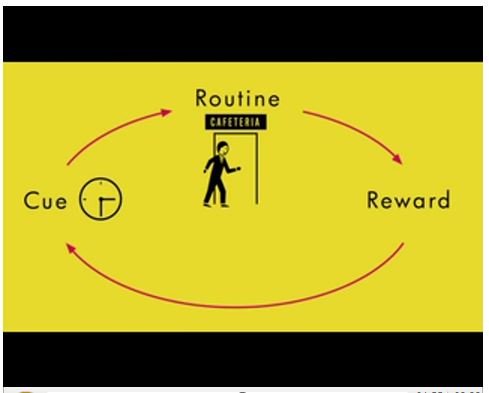walkinwood
Thinks s/he gets paid by the post
Naked Economics by Charles Wheelan is an amazingly well written books on the basics of economics using a USA based frame of reference & real life as illustration. There are NO figures or charts in the entire book.
Wheelan covers basics like markets, incentives, government, impact of information (or lack thereof), productivity, metrics, international trade & globalization, the fed, interest groups, problems in developing nations etc. His writing style is easy-going, but the information is not dumbed-down.
I took my one and only economics course some 30+ years ago and this was a good refresher.
Read any good books on economics for the lay-person lately?
Wheelan covers basics like markets, incentives, government, impact of information (or lack thereof), productivity, metrics, international trade & globalization, the fed, interest groups, problems in developing nations etc. His writing style is easy-going, but the information is not dumbed-down.
I took my one and only economics course some 30+ years ago and this was a good refresher.
Read any good books on economics for the lay-person lately?

